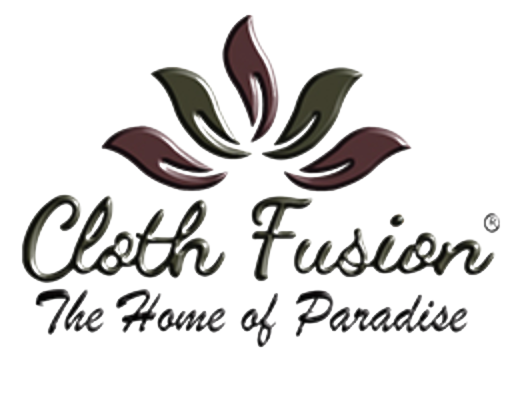Spanish society is a extensive phrase for the historical gestures of people who come from Spanish American nations and regions. It includes books, works of literature, songs, religion, and different traditional customs. Hispanics, or Hispanic Americans, may remain recent arrivals or members of their extended families. They share some beliefs and respond Spanish, or the terminology of the nation from which they come as their first speech https://www.weddingforward.com/wedding-speeches/.

Hispanics are a diverse group of people who also have distinct nations. They all speak the Spanish speech, but voices vary to make it simple to identify a person’s nationality. For instance, Puebla residents are renowned for being liberal and reserved, whereas Veracruz residents are more progressive and cheerful. Spanish America also has a wide range of tunes, from the complicated polyrhythms of the Caribbean to the polka https://medium.com/@ben-from-dreamfiancee/my-brazilian-brides-matchmaking-insights-c48fd60fff89 brought by Core European inhabitants to Mexico.
Both the country’s story and its traditions are varied and rich. Some customs are celebrated nationwide, while others are local or family-based. For instance, in honor of their grandparents who died while fighting for independence from Spain, Mexicans observe the day of the Dead in the month of october. Hispanic Heritage Month is observed in September and october in the united states to honor the contributions of our grandparents to the growth of this country.
Hispanics have experienced a number of prejudices, as with any majority people. The Greaser, the Lazy Mexican, the Latin Lover, and the Mamacita are just a few examples. The Male Buffoon is depicted as childish, simple, and a bumbling fool while speaking greatly accented English as well as the stereotypes of girls and gardener.
Hispanics have had a complex relationship with culture and racism in the united states. Racial bigotry was so pervasive in the first half of the 20th centuries that countless Latinos were unable to locate employment and the nation was divided along ethnic outlines. Anti-immigrant attitudes and hate of Puerto Ricans and Cubans led to a reduction in Spanish ethnical identity in the united states in the decades that followed.
Hispanics make up the majority of the population in the united states now, and they are very important to the nation’s financial, political, and social lifestyle. They are also the world’s largest population of people of Spanish origin, and they are rapidly forming a majority in some places, like California.
It is crucial to alleviate myths about Hispanics and another teams as we work toward a more different and equitable culture. The month of Hispanic Heritage is a fantastic opportunity to spread awareness about this lively and gorgeous traditions. What do El Concilio, a campus organization that unites the Latin@/chican@/hispanic student organizations at Asu think are some of the most prevalent and detrimental stereotypes about Hispanics in America, ask students from Asu to inform us. The outcomes were impressive. Watch the video to hear what they said.
